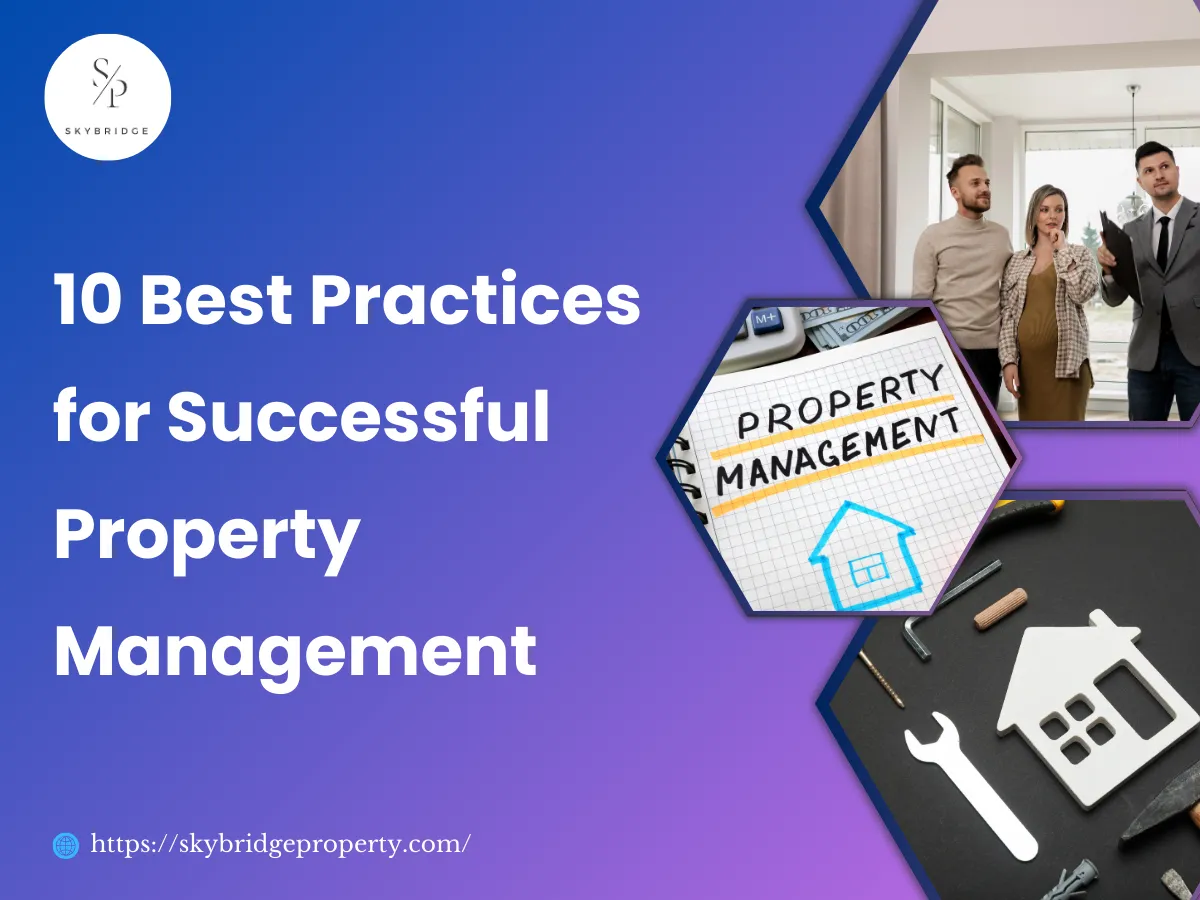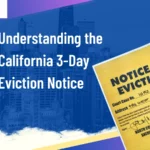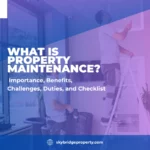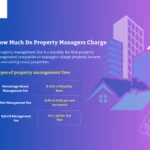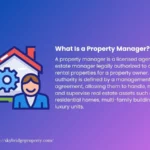Effective property management is built on clear communication, tenant screening, proactive maintenance, financial accountability, and legal compliance to maximize efficiency and ROI. Establishing multiple communication channels and setting clear expectations prevents disputes and promotes tenant satisfaction. Thorough tenant screening ensures reliable renters, reducing late payments, evictions, and property damage, while fostering strong tenant relationships boosts retention.
Proactive maintenance through regular inspections and preventive repairs minimizes costly breakdowns and ensures property longevity. Financial accountability through transparent reporting, automated rent collection, and budget management guarantees steady cash flow and optimizes profits. Legal compliance with landlord-tenant laws, fair housing regulations, and lease agreements reduces the risk of penalties and legal disputes.
Strategic marketing through competitive pricing, move-in incentives, and online platforms increases tenant attraction and reduces vacancies. Technology integration with property management software and smart home systems streamlines operations, while staying updated with market trends and tenant preferences ensures competitiveness. Finally, dependability and community engagement foster a positive living environment, enhancing tenant trust, retention, and property value.
-
Clear Communication

Clear communication in property management refers to the effective exchange of information between landlords, property managers, and tenants to ensure smooth operations and prevent misunderstandings. It establishes transparency, builds trust, and enhances tenant satisfaction. Without clear communication, rent disputes, maintenance delays, and tenant dissatisfaction can escalate, leading to higher turnover rates and operational inefficiencies.
Property managers must establish multiple communication channels, including emails, phone calls, text messages, and tenant portals, to ensure accessibility. It is crucial to set clear expectations regarding rent payments, lease terms, maintenance request procedures, and property policies in writing to avoid conflicts. Implementing 24/7 emergency contact options ensures tenants can report urgent issues promptly, reducing liability and enhancing safety. Regular updates on community events, lease renewals, and policy changes keep tenants informed and engaged, fostering a sense of community. Encouraging tenant feedback allows property managers to continuously improve service quality and address concerns before they escalate.
-
Tenant Screening and Relations
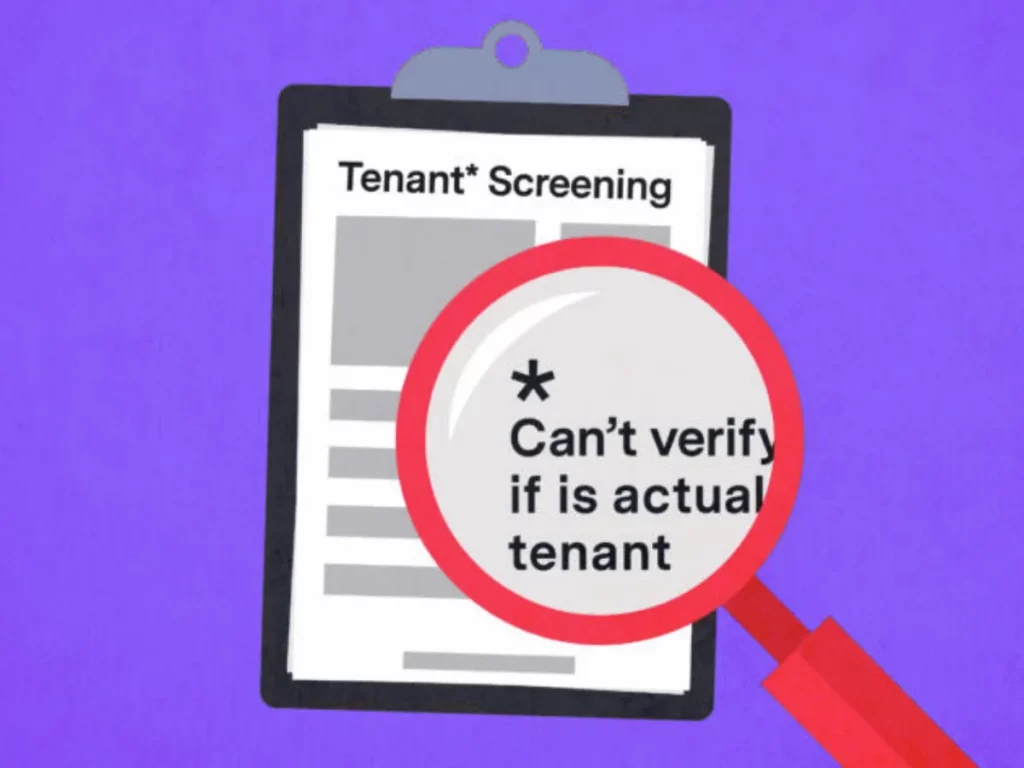
Tenant screening is the process of evaluating potential renters to ensure they meet financial and behavioral qualifications, minimizing the risk of late payments, property damage, and evictions. Establishing strong tenant relations further enhances retention and reduces vacancies, creating a stable and profitable rental environment.
A structured background check is essential, including credit history, rental records, employment verification, and criminal background checks. This helps identify responsible tenants who will pay rent on time and take care of the property. Standardized tenant selection criteria ensure fairness and legal compliance, reducing the risk of discrimination claims. Maintaining strong tenant relationships requires property managers to respond promptly to inquiries and service requests, treating tenants with professionalism and respect. Addressing concerns proactively minimizes disputes and fosters long-term satisfaction. A tenant feedback system allows renters to express concerns, suggest improvements, and feel valued, which enhances retention and reduces turnover rates.
-
Proactive Maintenance and Repairs

Financial accountability in property management means maintaining accurate records of income and expenses, ensuring compliance with financial obligations, and optimizing revenue while controlling costs. A well-managed financial system prevents cash flow issues, legal disputes, and unexpected financial strain.
Property managers must use property management accounting software to track rent collection, maintenance expenses, and operational costs. Regularly updating budget plans ensures coverage for routine maintenance, emergency repairs, and capital improvements. Establishing a clear rent collection policy with set due dates, penalties for late payments, and automated reminders minimizes revenue disruptions. Providing detailed financial reports to property owners enhances transparency and builds trust. Additionally, reviewing vendor contracts and insurance policies annually ensures cost-effectiveness and prevents financial waste.
-
Financial Accountability

Legal compliance in property management refers to adhering to local, state, and federal rental laws to protect both landlords and tenants from legal disputes and liabilities. Ignoring legal responsibilities can result in fines, lawsuits, and tenant dissatisfaction.
Property managers must stay updated on landlord-tenant laws, fair housing regulations, and eviction procedures to avoid costly legal issues. Understanding tenant rights and landlord responsibilities ensures ethical and lawful property management. Lease agreements should clearly outline rent terms, maintenance obligations, tenant behavior expectations, and penalties for non-compliance to prevent disputes. Regular training sessions for staff and property managers on fair housing laws, eviction policies, and lease enforcement ensure compliance and professional service delivery. Working with legal experts for contract drafting, dispute resolution, and regulatory guidance minimizes risks and strengthens property management practices.
-
Legal Compliance and Education
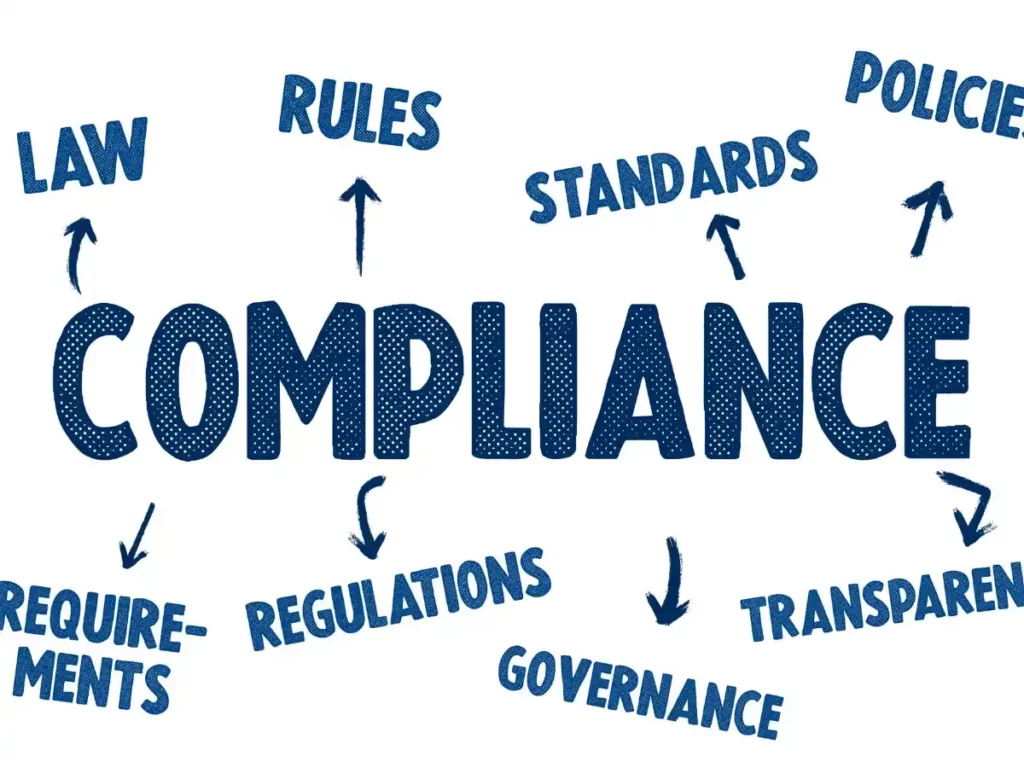
Legal compliance in property management refers to adhering to local, state, and federal rental laws to protect both landlords and tenants from legal disputes and liabilities. Ignoring legal responsibilities can result in fines, lawsuits, and tenant dissatisfaction.
Property managers must stay updated on landlord-tenant laws, fair housing regulations, and eviction procedures to avoid costly legal issues. Understanding tenant rights and landlord responsibilities ensures ethical and lawful property management. Lease agreements should clearly outline rent terms, maintenance obligations, tenant behavior expectations, and penalties for non-compliance to prevent disputes. Regular training sessions for staff and property managers on fair housing laws, eviction policies, and lease enforcement ensure compliance and professional service delivery. Working with legal experts for contract drafting, dispute resolution, and regulatory guidance minimizes risks and strengthens property management practices.
-
Strategic Marketing and Retention
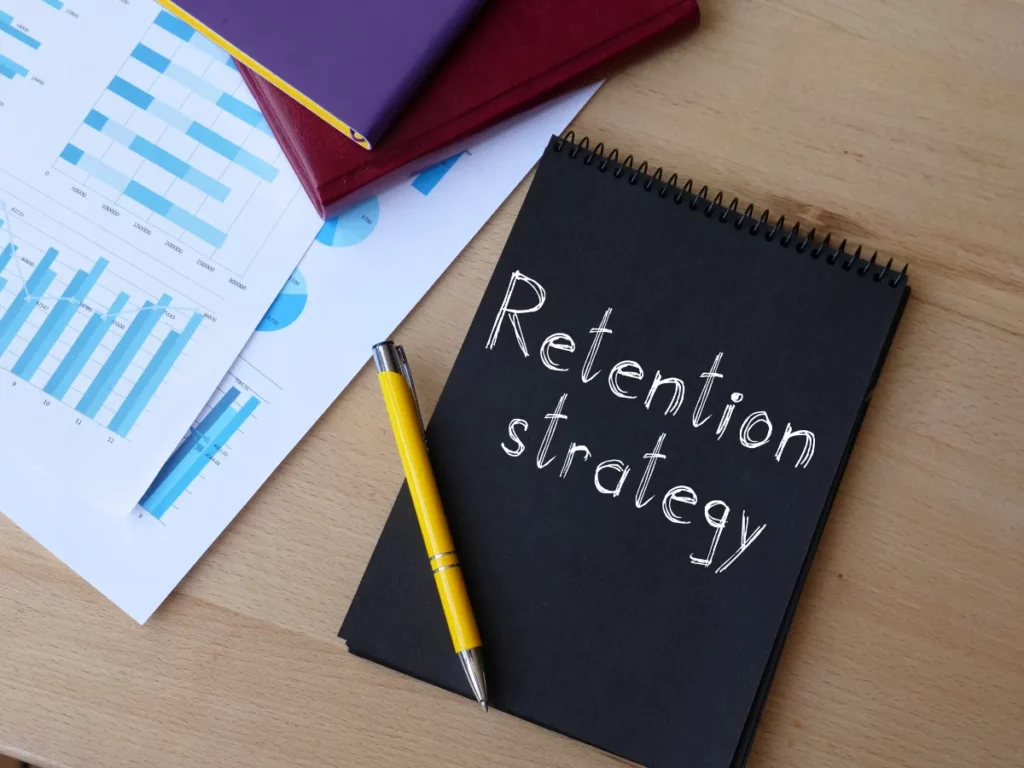
Strategic marketing in property management refers to attracting and retaining quality tenants by promoting properties effectively and creating a desirable living environment. A strong marketing strategy reduces vacancy rates, improves rental income, and enhances property reputation.
Utilizing SEO, social media, and online rental platforms ensures properties reach the right audience. Pricing units competitively through market analysis attracts prospective tenants while maintaining profitability. Move-in incentives, such as discounted first-month rent or appliance upgrades, can encourage faster lease signings. Implementing tenant retention programs, like lease renewal discounts and referral incentives, fosters long-term occupancy. Maintaining high property standards ensures that tenants remain satisfied, reducing turnover and increasing demand.
-
Technology Integration

Technology integration in property management involves automating processes to enhance efficiency, reduce manual errors, and improve tenant experiences. Implementing digital tools for lease management, communication, and financial tracking ensures streamlined operations.
Property managers should utilize property management software to automate rent collection, lease agreements, and maintenance tracking. Online payment portals offer tenants convenient options, reducing late payments. Smart home technology, such as keyless entry, security cameras, and energy-efficient systems, enhances tenant security and convenience. Data analytics tools help track occupancy trends, rental pricing, and maintenance expenses, enabling informed decision-making. AI-powered chatbots can provide instant responses to tenant inquiries, reducing workload and improving service speed.
-
Staying Updated with Trends

Staying updated with market trends ensures property managers remain competitive and adaptable to tenant needs, pricing shifts, and regulatory changes. Ignoring industry trends can lead to high vacancies, financial losses, and outdated management practices.
Monitoring rental market fluctuations helps property managers adjust pricing strategies and marketing efforts accordingly. Adapting to tenant preferences, such as eco-friendly apartments, co-working spaces, and pet-friendly policies, increases property desirability. Investing in smart property features enhances tenant convenience and energy efficiency. Regular staff training ensures property managers remain skilled in new technologies and regulations. Attending industry conferences and networking events provides insights into best practices and emerging opportunities.
-
Be dependable and available

Being dependable and available as a property manager means ensuring timely responses, accessibility, and proactive problem-solving. Tenants value responsiveness and reliability, which strengthens trust and enhances retention.
Property managers should establish clear response time policies for inquiries, repairs, and emergencies. Maintaining open office hours or offering virtual meetings ensures tenants and owners can discuss concerns conveniently. A 24/7 emergency contact system allows tenants to report critical issues without delays. Building long-term trust through consistent, high-quality service fosters tenant satisfaction and owner confidence.
-
Community Engagement

Community engagement in property management focuses on creating a sense of belonging among tenants, which enhances retention and improves property reputation. A connected community leads to higher tenant satisfaction, reduced conflicts, and a stronger rental environment.
Organizing tenant events, workshops, and gatherings fosters relationships and builds a positive atmosphere. Supporting local businesses through partnerships benefits both tenants and the surrounding economy. Keeping common areas clean and well-maintained encourages tenants to take pride in their living spaces. Promoting sustainability initiatives, such as recycling programs and energy-efficient upgrades, aligns with modern tenant preferences and improves environmental impact.
How Do Property Management Best Practices Improve Efficiency & ROI?

Implementing property management best practices is essential for maximizing efficiency and return on investment (ROI). A well-structured approach that includes tenant screening, proactive maintenance, financial accountability, and legal compliance helps property managers reduce vacancies, operational costs, and tenant disputes. By selecting quality tenants through thorough background checks, property owners can minimize late payments, evictions, and property damage, leading to a stable rental income and fewer legal complications. Additionally, routine property inspections and preventive maintenance programs prevent costly repairs, ensuring properties remain in optimal condition while reducing turnover. These strategies enhance long-term property value and operational efficiency, creating a profitable and well-maintained rental portfolio.
Technology integration plays a significant role in improving efficiency. Property management software automates rent collection, lease tracking, and maintenance requests, reducing manual work and administrative errors. Smart home technologies, such as keyless entry and energy-efficient appliances, further enhance tenant satisfaction while lowering operational costs. Financial oversight, including transparent rent collection policies and detailed financial reporting, ensures property owners have a clear view of their cash flow, expenses, and profits. Additionally, a data-driven approach to market analysis allows property managers to adjust rental pricing strategically, keeping units occupied and competitive. These best practices streamline operations, enabling landlords to scale their investments without increasing workload.
While landlords can handle certain aspects of property management independently, As a trusted full-service property management company operating across California, Skybridge Property Group applies industry-proven strategies to maximize rental performance, streamline operations, and protect asset value. We provide city-specific management solutions in key Los Angeles County markets including Diamond Bar, Pomona, Rowland Heights, Chino Hills, and San Dimas.
Why Preventive Maintenance in Property Management Saves Costs & Enhances Property Value
Preventive maintenance reduces unexpected repair costs, improves tenant retention, and preserves property value. Addressing minor issues early prevents expensive system failures in HVAC, plumbing, and electrical systems. Well-maintained properties attract long-term tenants, minimizing turnover and vacancies. Regular upkeep ensures compliance with safety regulations, reducing legal risks and maintaining market value.
How Tenant Screening in Property Management Reduces Vacancies & Improves ROI
Thorough tenant screening prevents late payments, evictions, and property damage, ensuring financial stability. Selecting reliable tenants reduces legal disputes and costly turnovers while maintaining consistent rental income. Long-term tenants decrease vacancy periods and marketing expenses, leading to higher ROI and a more stable rental business. A responsible tenant base also enhances community appeal, attracting future renters.

